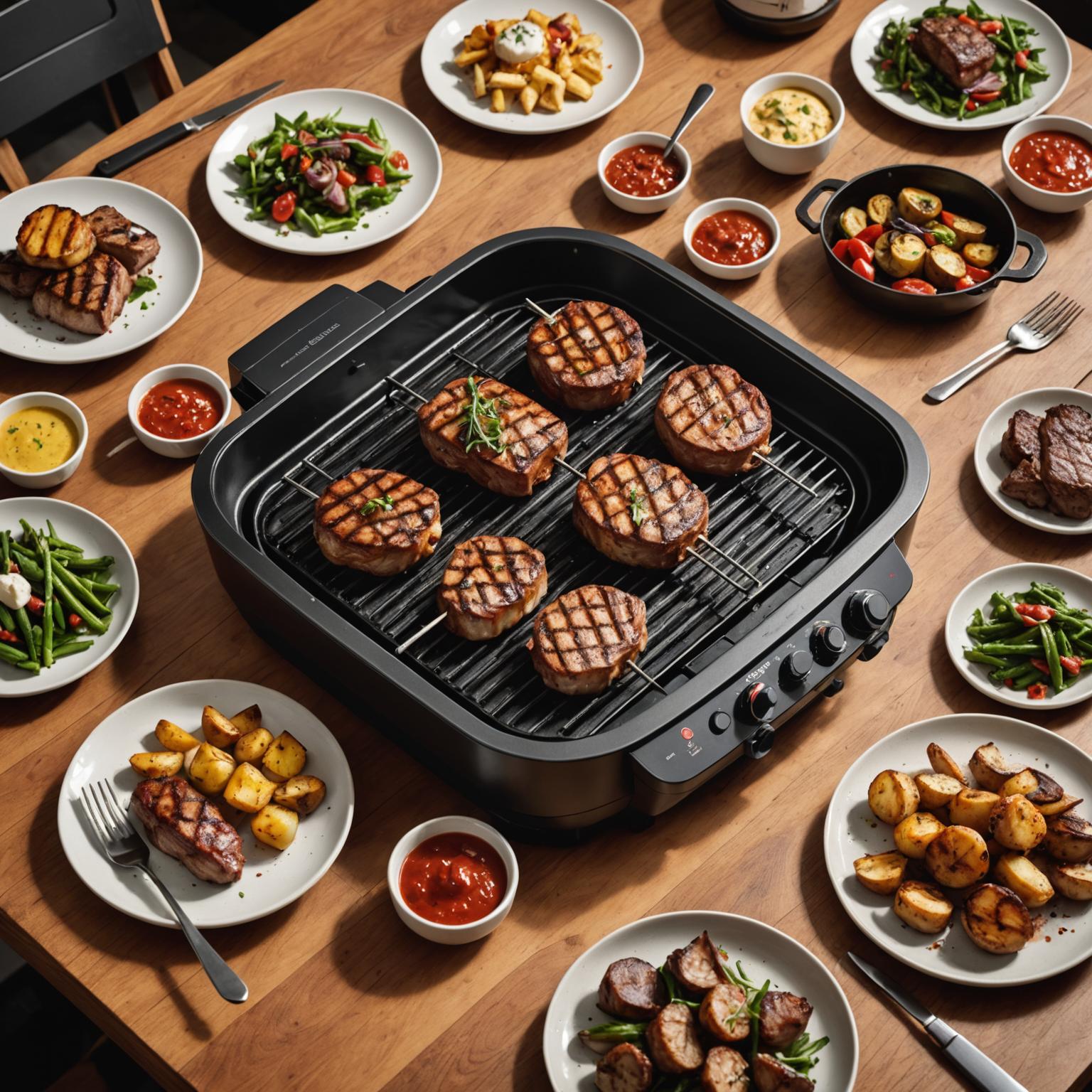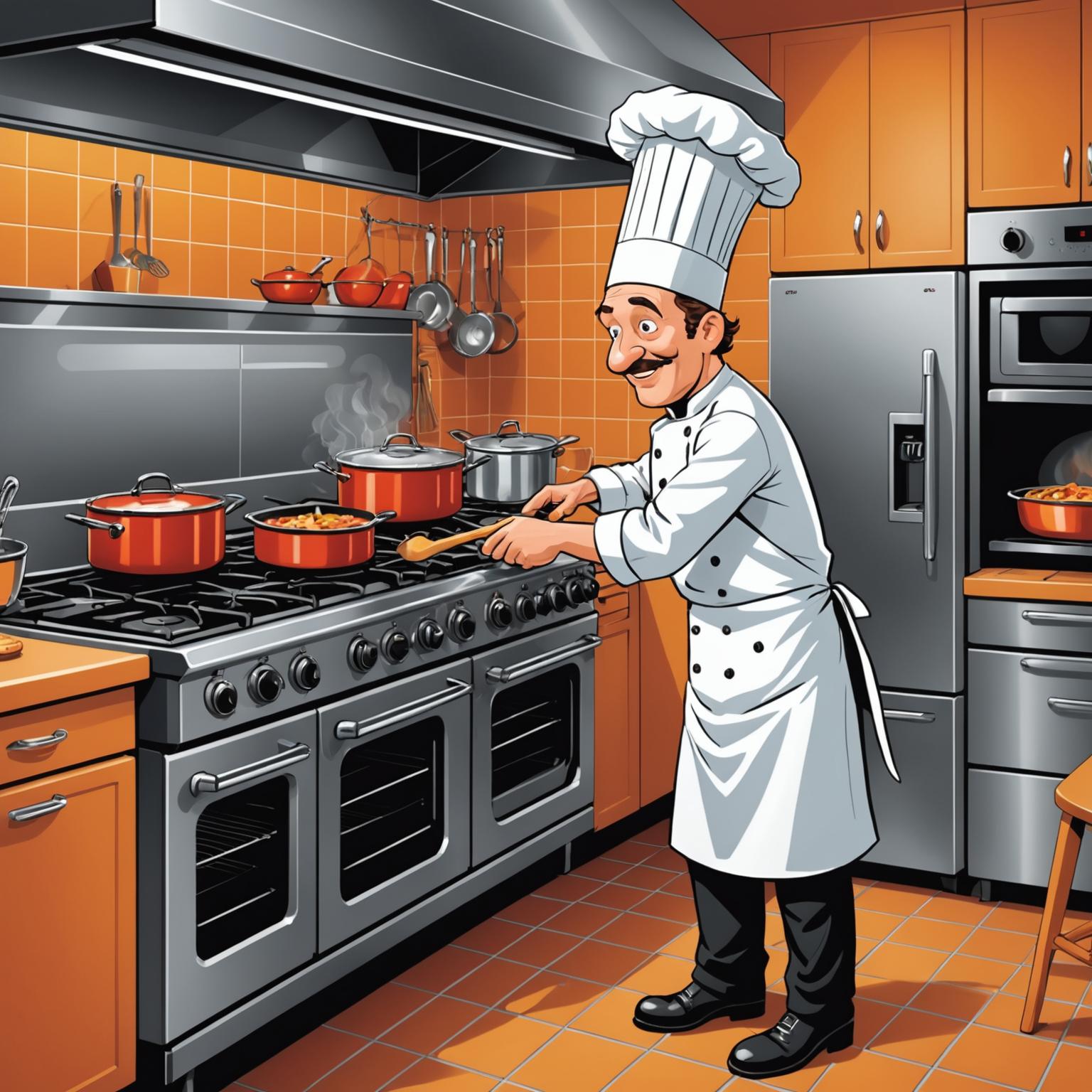The secret to perfectly cooked meals often lies hidden within your appliance, in the form of a high-performance Oven/Grill Tubular Heater Element. This crucial component is the engine of your kitchen, responsible for generating the consistent, reliable heat needed for everything from a quick weeknight dinner to a gourmet feast. Whether you are using a compact electric barbecue or a professional-grade convection oven, the quality of your grill tubular heater directly impacts the final texture and flavor of your food, making it an essential element for any culinary enthusiast to understand.

A tubular resistance heater operates on a straightforward yet brilliant principle. Inside a durable metallic sheath, typically made of stainless steel for longevity and rust resistance, lies a coiled resistance wire. This wire is surrounded by an insulating powder, which conducts heat but not electricity. When an electric current passes through the wire, it heats up due to resistance, and this heat is then efficiently transferred through the insulator to the outer sheath and into your oven or grill. This design not only makes it a highly effective kitchen appliance heater but also ensures it is safe, robust, and capable of withstanding high temperatures for extended periods, providing reliable performance meal after meal.
When selecting an appliance or a replacement part, focusing on the oven grill heating element's features is key to elevating your cooking. Look for elements that promise even heat distribution, eliminating hot spots and ensuring that your food, whether it's a whole roasted chicken or delicate vegetables, cooks uniformly to perfection. A critical feature to consider is the integration with a precise thermostatic control for heaters. This allows you to dial in the exact temperature required for your recipe, from a low 150°F for gentle warming to a searing 550°F for that perfect crust. High-quality materials like stainless steel not only contribute to the element's lifespan but also make cleaning and maintenance significantly easier.
The versatility of these heaters makes them indispensable across a wide range of applications. In home kitchens, they power modern appliances like sleek electric BBQ grills that bring outdoor flavor indoors and advanced convection ovens that circulate hot air for faster, more even cooking. The same fundamental technology is scaled up for commercial use in food service heating elements, where consistency and durability are paramount. From warming trays in a buffet line to the primary cooking source in a restaurant's oven, these powerful components are designed to meet the rigorous demands of a professional culinary environment, delivering reliable results day in and day out.
To ensure your Oven/Grill Tubular Heater Element has a long and efficient life, proper maintenance is essential. Before any cleaning, always ensure the appliance is turned off and completely cool. For visible elements, gently wipe away any food residue or grease with a soft, damp cloth. Avoid using abrasive scrubbers or harsh chemical cleaners, as these can damage the protective outer sheath. For self-cleaning ovens, follow the manufacturer's instructions, as the high-heat cycle is designed to burn off residue from the element. Regular, gentle cleaning prevents buildup that can lead to uneven heating and prolongs the life of this vital kitchen component, ensuring your appliance is always ready for its next culinary task.

How Does a Tubular Resistance Heater Work?
A tubular resistance heater operates on a straightforward yet brilliant principle. Inside a durable metallic sheath, typically made of stainless steel for longevity and rust resistance, lies a coiled resistance wire. This wire is surrounded by an insulating powder, which conducts heat but not electricity. When an electric current passes through the wire, it heats up due to resistance, and this heat is then efficiently transferred through the insulator to the outer sheath and into your oven or grill. This design not only makes it a highly effective kitchen appliance heater but also ensures it is safe, robust, and capable of withstanding high temperatures for extended periods, providing reliable performance meal after meal.
Choosing the Right Oven Grill Heating Element
When selecting an appliance or a replacement part, focusing on the oven grill heating element's features is key to elevating your cooking. Look for elements that promise even heat distribution, eliminating hot spots and ensuring that your food, whether it's a whole roasted chicken or delicate vegetables, cooks uniformly to perfection. A critical feature to consider is the integration with a precise thermostatic control for heaters. This allows you to dial in the exact temperature required for your recipe, from a low 150°F for gentle warming to a searing 550°F for that perfect crust. High-quality materials like stainless steel not only contribute to the element's lifespan but also make cleaning and maintenance significantly easier.
From Home Kitchens to Professional Food Service
The versatility of these heaters makes them indispensable across a wide range of applications. In home kitchens, they power modern appliances like sleek electric BBQ grills that bring outdoor flavor indoors and advanced convection ovens that circulate hot air for faster, more even cooking. The same fundamental technology is scaled up for commercial use in food service heating elements, where consistency and durability are paramount. From warming trays in a buffet line to the primary cooking source in a restaurant's oven, these powerful components are designed to meet the rigorous demands of a professional culinary environment, delivering reliable results day in and day out.
Maintaining Your Heater for Peak Performance
To ensure your Oven/Grill Tubular Heater Element has a long and efficient life, proper maintenance is essential. Before any cleaning, always ensure the appliance is turned off and completely cool. For visible elements, gently wipe away any food residue or grease with a soft, damp cloth. Avoid using abrasive scrubbers or harsh chemical cleaners, as these can damage the protective outer sheath. For self-cleaning ovens, follow the manufacturer's instructions, as the high-heat cycle is designed to burn off residue from the element. Regular, gentle cleaning prevents buildup that can lead to uneven heating and prolongs the life of this vital kitchen component, ensuring your appliance is always ready for its next culinary task.






